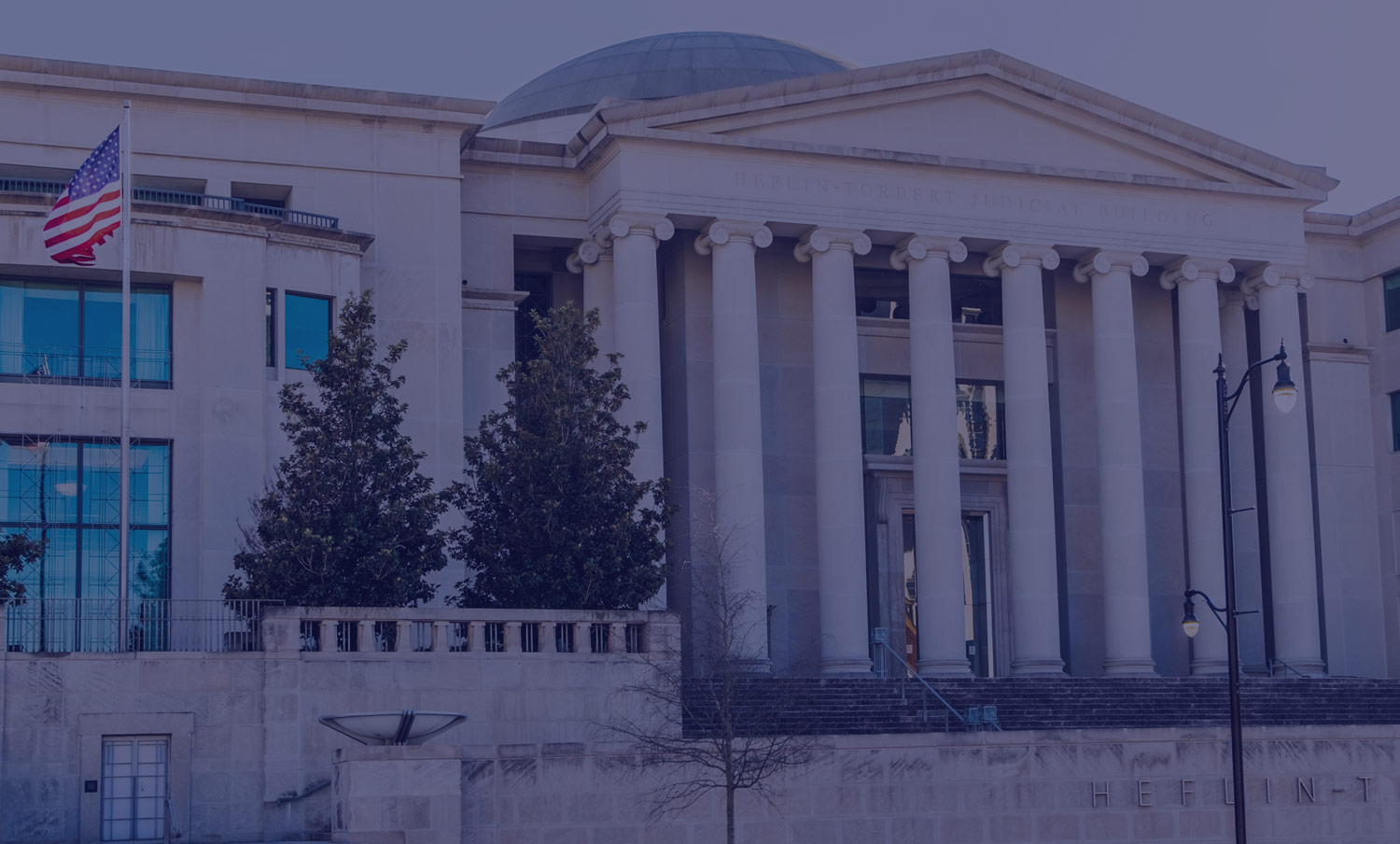The Court of Criminal Appeals has graced us with new opinions today. There isn’t much in the way of groundbreaking issues. Ex parte Jones is bad if you are mandamusing the denial of stand your ground.
Ex parte Jones, CR-2023-0229
The Court denied Jones’ petition for a writ of mandamus asking that the circuit court’ order denying stand your ground immunity be reversed because the petition was untimely. The order was issued on 12/11/22 and the mandamus was filed on 3/28/23—107 days later. Mandamus must be filed in a presumptively reasonable time—42 days under Rule 21(a). Jones argued that the delay in getting the transcript from the court reporter constituted good cause for the delay. The Court disagreed. “The court reporter’s delay in preparing the transcript does not constitute good cause for this Court to consider the petition.”
Frankly this is surprising from the Court. Mandamus requires you to create your own record, and if the record is inadequate they won’t decide the issue. So the transcript is mandatory to create the factual record to challenge the immunity denial. Going forward, you might need to file the petition withing 42 days of the ruling and ask for leave to supplement with the transcript once it’s prepared and available.
State v. Cross, CR-2023-0079
The Court reversed the circuit court’s grant of Rule 32 relief. Cross alleged that her 20 year sentence for identity theft violated the 8th amendment since it would violate the current sentencing standards. The circuit court agreed. The Court of Criminal Appeals reversed because that’s not how they say it works because identity theft is a not an eligible offense and HFOA correctly applied.
T.C.S. v. State, CR-2022-1285
The Court affirmed the denial of the Rule 32 petition alleging juror misconduct on procedural grounds.
C.L.A. v. State, CR-2022-0651
The Court rejected the weight of the evidence arguments, but did reverse the denial of the motion for new trial and remanded for a hearing on whether the victim said after trial that the allegations had been made up.
Burgess v. State, CR-19-1040
The Court affirmed the denial of Burgess’s Rule 32 petition challenging his capital murder conviction and death sentence. Issues raised:
On appeal, Burgess argues (1) that the circuit court erred in denying his motion for leave to amend his petition; (2) that he sufficiently pleaded the claims in his petition and that he did not have to plead the names of the experts he contends his counsel should have used to assist in his defense; (3) that, for many reasons, his trial counsel and appellate counsel were constitutionally ineffective; (4) that one of his trial attorneys had an actual conflict of interest; (5) that Alabama’s compensation scheme for appointed attorneys in a capital case is unconstitutional; (6) that his conviction violates international law; (7) that juror misconduct occurred in his case; (8) that the State withheld exculpatory evidence; (9) that the prosecutor presented false testimony; (10) that his death sentence is unconstitutional; (11) that Alabama’s death-penalty statute is unconstitutional; (12) that the circuit court should have disqualified the Attorney General and all attorneys in the District Attorney’s Office for the Eighth Judicial Circuit; (13) that the circuit court erred in denying his requests for discovery; and (14) that “the cumulative effect of the errors” in his case deprived him of a fair trial.

